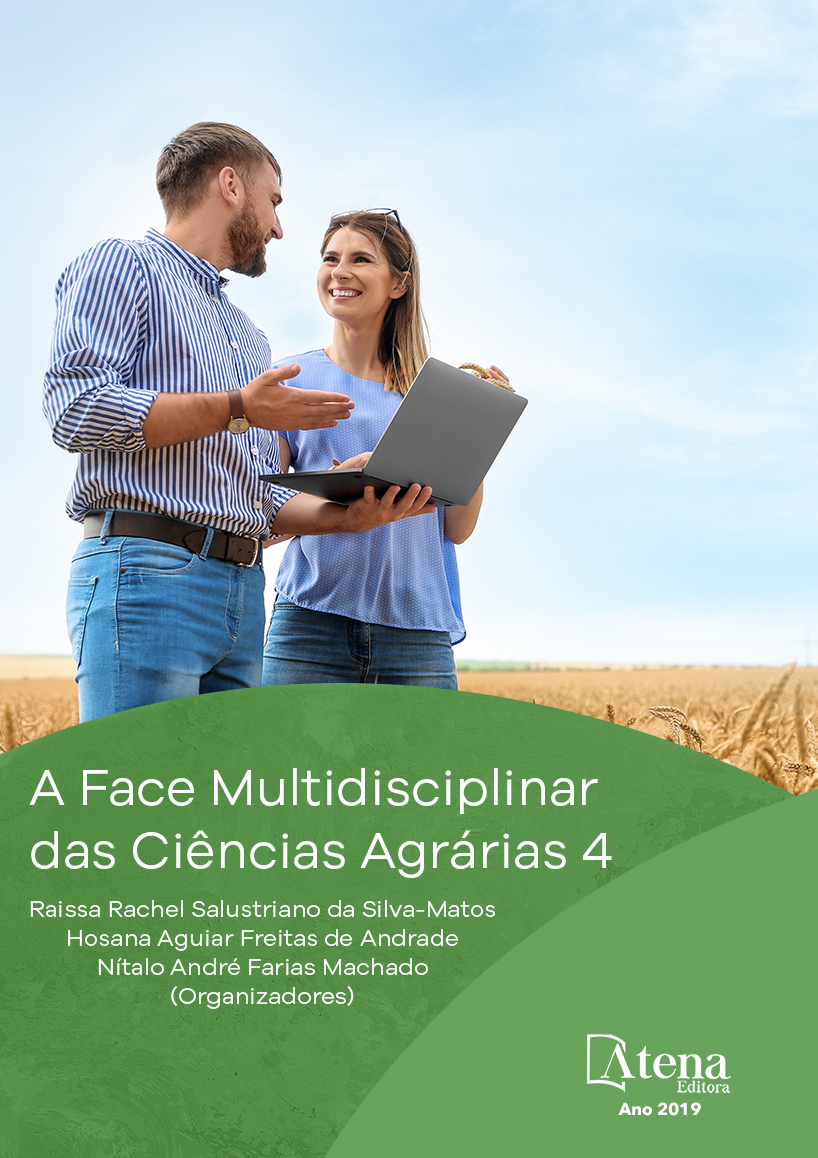
PERSPECTIVAS INSTITUCIONAIS DE CONTROLE E FISCALIZAÇÃO DE ALIMENTOS EM SANTA MARIA/RS
As políticas de saúde em contextos descentralizados e autônomos como é o caso brasileiro, trouxeram desafios quanto ao planejamento, gerência e avaliação da fiscalização dos alimentos, pois exigem articulação entre os âmbitos governamentais, com importante incremento da participação popular nas decisões do setor. No Brasil a Vigilância Sanitária está ligada ao Sistema Único de Saúde, e cabe a cada município programá-la, desde que observadas às leis federais e estaduais. A contribuição pretendida por este artigo é propor uma análise da vulnerabilidade da segurança alimentar em Santa Maria/RS, através de dados compilados durante o acompanhamento 764 atividades rotineiras da Coordenadoria de Fiscalização de Alimentos e Produtos Agropecuários, durante três meses do ano de 2016 e discutir perspectivas institucionais de controle e fiscalização de alimentos no Município. Durante a averiguação dos estabelecimentos comerciais, foram constatadas irregularidades a exemplo de como condições higienicossanitárias insatisfatórias. A segurança alimentar é algo preconizado nas ações de fiscalização e controle. Porém, para além da perspectiva punitiva, é preciso uma reflexão quanto ao papel, tanto do setor público que faz a fiscalização, quanto das autoridades municipais responsáveis pela construção de políticas públicas. Observou-se que é grande a distância entre a realidade dos estabelecimentos e o preconizado pelo código sanitário em alguns estabelecimentos. Outro ponto importante identificado é a desinformação sobre os fatores de risco e, em consequência disso, a redução da efetividade dos serviços prestados ou disponíveis, favorecendo o aparecimento de problemas concretos.
PERSPECTIVAS INSTITUCIONAIS DE CONTROLE E FISCALIZAÇÃO DE ALIMENTOS EM SANTA MARIA/RS
-
Palavras-chave: Vigilância Sanitária; Apreensões; Produtos de Origem Animal
-
Keywords: Sanitary surveillance; Seizures; Animal products;
-
Abstract:
Health policies in decentralized and autonomous contexts, such as the Brazilian case, brought challenges regarding the planning, management and evaluation of food inspection, as they require articulation between governmental spheres, with an important increase in popular participation in sector decisions. In Brazil Sanitary Surveillance is linked to the Unified Health System, and it is up to each municipality to program it, as long as they comply with federal and state laws. The contribution intended by this article is to propose an analysis of the vulnerability of food security in Santa Maria / RS, through data compiled during the follow-up 764 routine activities of the Coordination of Food and Agricultural Products Inspection, during three months of 2016 and discuss institutional perspectives for food control and inspection in the municipality. During the investigation of commercial establishments, irregularities were found, such as unsatisfactory hygienic and sanitary conditions. Food safety is something advocated in inspection and control actions. However, beyond the punitive perspective, it is necessary to reflect on the role of both the public sector that performs the inspection and the municipal authorities responsible for building public policies. It was observed that the distance between the reality of the establishments and the recommended by the Health Code in some establishments is great. Another important point identified is the misinformation about risk factors and, as a result, the reduction of the effectiveness of the services provided or available, favoring the emergence of concrete problems.
-
Número de páginas: 15
- Luis Fernando Vilani De Pellegrin
- Janaína Balk Brandão
- Valéria Pinheiro Braccini


